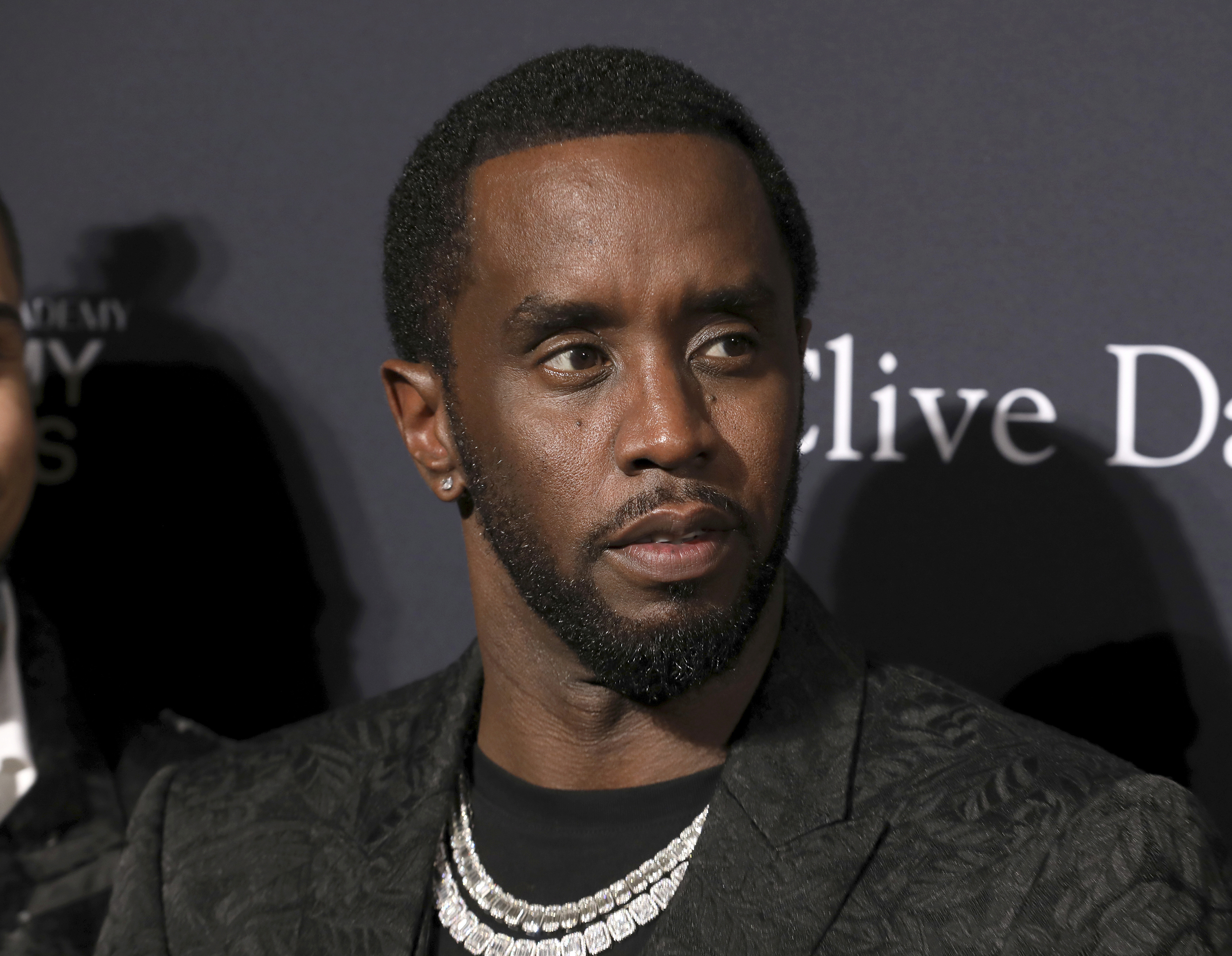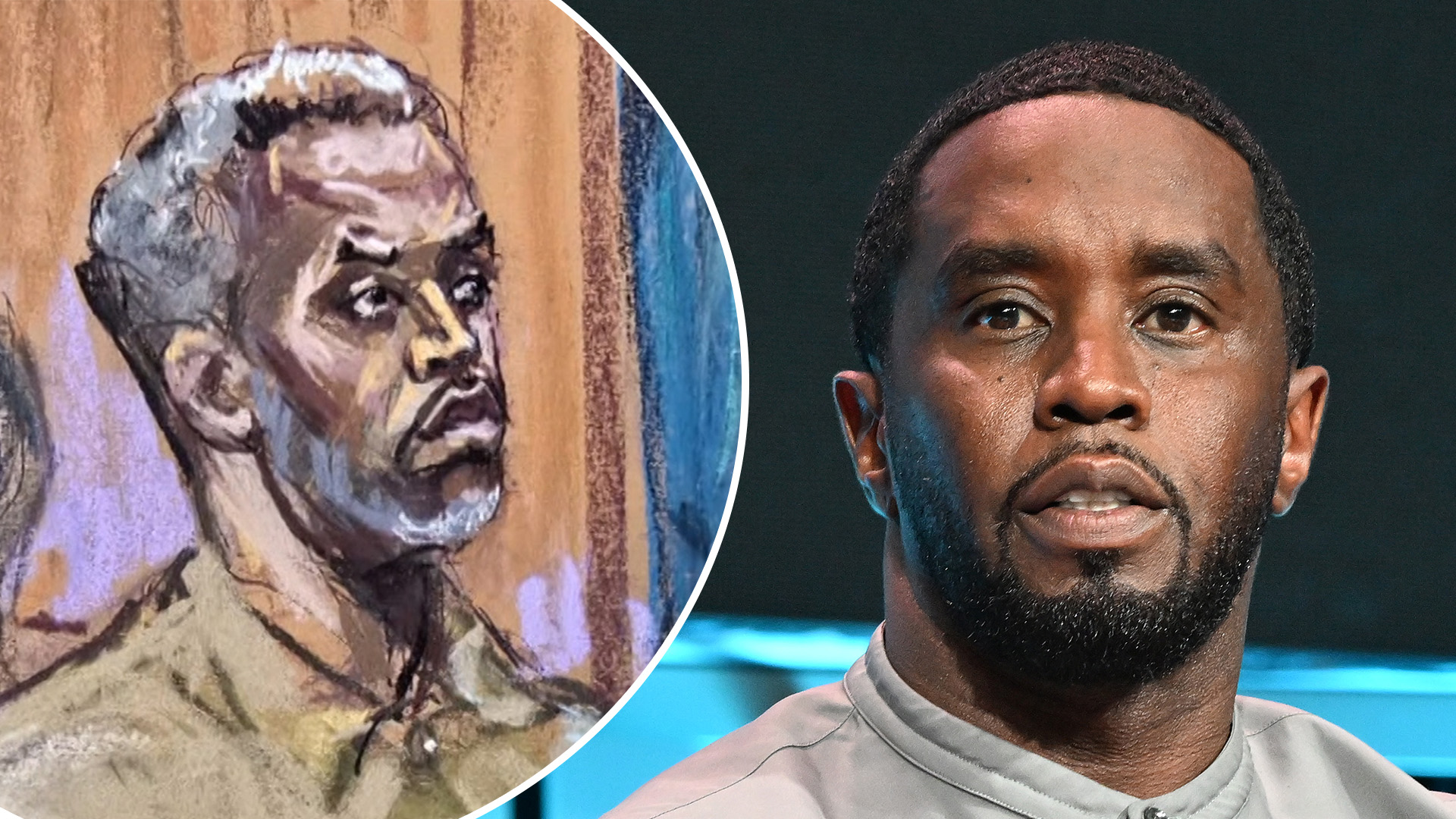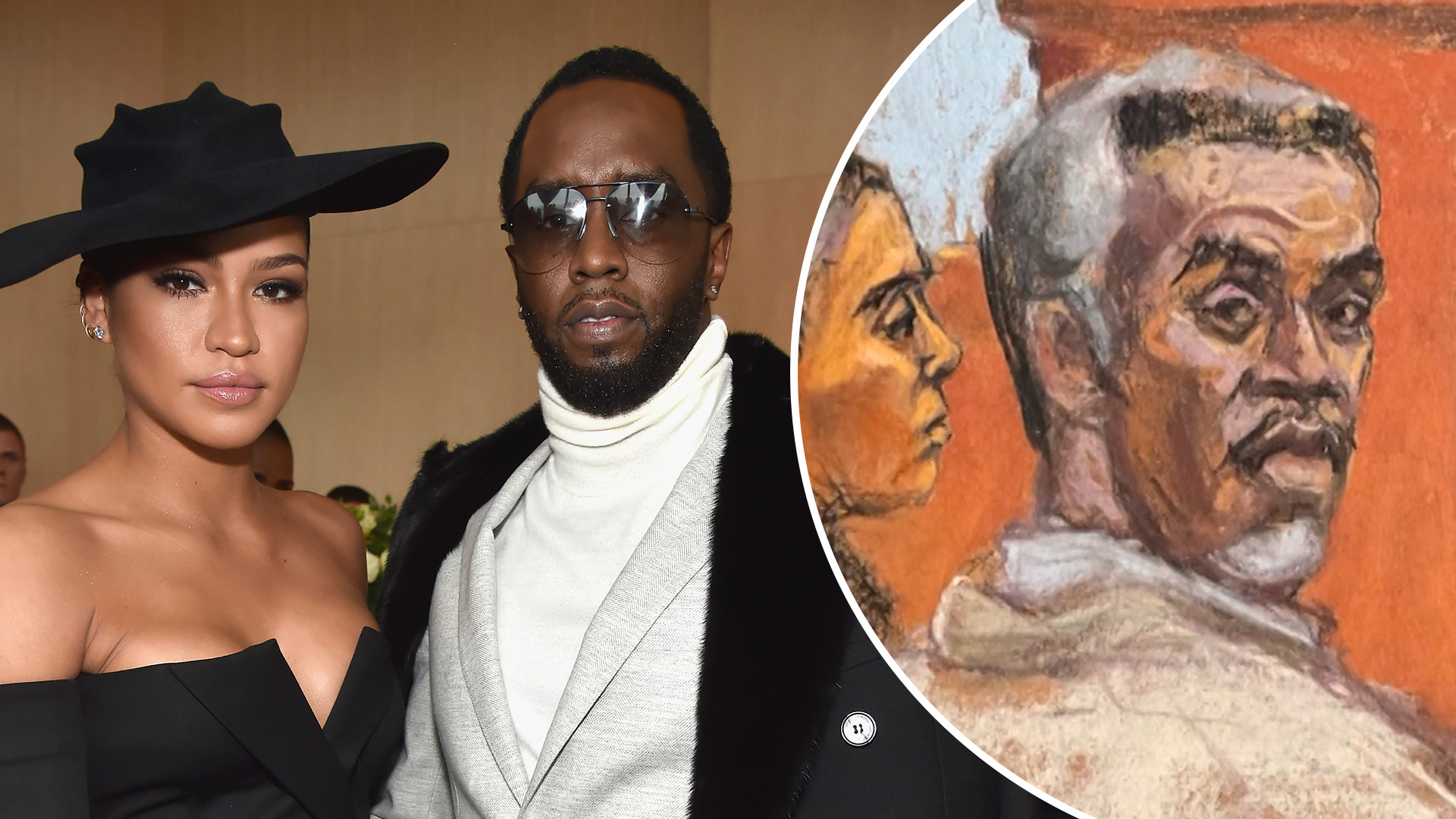Diddy's Bold Move: Rejects Plea Deal in Sex Trafficking Case
Diddy Rejects Plea Deal: High-Stakes Sex Trafficking Trial Looms
Introduction: A Bold Move in a Contentious Case
The entertainment world is buzzing! Sean "Diddy" Combs, a mogul known for his empire-building and chart-topping hits, has reportedly rejected a plea deal offered by federal prosecutors in his sex trafficking case. Think of it like this: he's staring down the barrel of a legal storm and has chosen to stand his ground rather than seek shelter in a potentially mitigating agreement. What does this mean for the trial, and more importantly, what does it signal about his defense strategy? Let's dive deep into the details and dissect this crucial development.
The Courtroom Confirmation: "Yes, Your Honor"
The confirmation came during a hearing in New York, presided over by U.S. District Judge Arun Subramanian. The judge directly asked Combs if he had rejected the government's offer, to which Combs responded with a firm "Yes, your honor." It was a concise exchange, but one loaded with implications. He entered the courtroom with a binder, notebooks, and a wave to supporters. Was this a show of confidence, or merely a calculated move for the cameras? Only time will tell.
Pleading Not Guilty: A Foundation of Innocence
Combs has maintained his innocence from the beginning, having pleaded not guilty to charges that include sex trafficking, racketeering, and transportation to engage in prostitution. This not-guilty plea sets the stage for a potentially lengthy and complex trial. Imagine the weight of those accusations, and the resolve needed to fight them in court. It's a David versus Goliath scenario, with Combs facing the full force of the U.S. legal system.
The Defense's Perspective: A Calculated Risk?
According to defense attorney Marc Agnifilo, the decision to reject the plea deal was a collaborative one, reached after thorough discussion between Combs and his legal team. This suggests a strong belief in their ability to defend him against the charges. Were they presented with evidence that, while compromising, they feel they can overcome? This rejection indicates they believe they have a viable path to acquittal.
Assistant U.S. Attorney Maurene Comey: The Prosecution's Stance
While the statement from Assistant U.S. Attorney Maurene Comey was truncated in the initial report, we can safely assume that the prosecution is prepared to move forward with the trial and present their case. This sets the stage for a head-to-head legal battle. The prosecution clearly believes they have a strong case against Combs.
Understanding Plea Deals: A Chance for Mitigation
What is a Plea Deal?
A plea deal is an agreement between the prosecution and the defendant where the defendant pleads guilty to a lesser charge or to some of the charges in exchange for a more lenient sentence or dismissal of other charges. It's a way to avoid a lengthy trial and its associated costs. Accepting a plea deal is often seen as an admission of guilt, even if it's to a reduced charge.
Why Reject a Plea Deal?
There are several reasons why someone might reject a plea deal. They may believe they are innocent and want to clear their name in court. They might also believe the evidence against them is weak and that they have a good chance of winning at trial. Sometimes, pride or principle can also play a role.
The Charges: Sex Trafficking, Racketeering, and Prostitution
Sex Trafficking: A Heinous Crime
Sex trafficking involves the recruitment, harboring, transportation, provision, or obtaining of a person for commercial sex acts through force, fraud, or coercion. It's a serious federal crime with severe penalties.
Racketeering: Organized Criminal Activity
Racketeering, often associated with the RICO Act, involves engaging in organized criminal activities, such as extortion, money laundering, and drug trafficking. The inclusion of racketeering charges suggests the prosecution believes Combs was involved in a broader criminal enterprise.
Transportation to Engage in Prostitution: Crossing State Lines
This charge involves transporting individuals across state lines for the purpose of engaging in prostitution. This adds another layer of complexity to the case, suggesting a coordinated effort to facilitate illegal activities.
Potential Trial Outcomes: What's at Stake?
Acquittal: A Full Vindication
An acquittal would mean Combs is found not guilty of all charges and is free to go. This would be a major victory for Combs and his legal team.
Conviction: Severe Consequences
A conviction on any of the charges could result in significant prison time, hefty fines, and a permanent stain on Combs' reputation. The penalties for sex trafficking and racketeering are particularly severe.
Mistrial: A Do-Over
A mistrial could occur due to various reasons, such as jury misconduct or a hung jury (where the jury cannot reach a unanimous verdict). This would mean the prosecution would have to decide whether to retry the case.
The Media Circus: Intense Scrutiny and Public Opinion
Given Combs' celebrity status, this case is sure to attract intense media scrutiny. Every detail, every development, will be dissected and analyzed by the media and the public. This can put immense pressure on all parties involved and influence public perception. How will this play into jury selection? It's a significant factor to consider.
The Impact on Diddy's Empire: A Brand Under Siege
The allegations and the trial itself will undoubtedly have a significant impact on Combs' business empire. Brands may distance themselves, and his reputation could suffer irreparable damage. This isn't just about legal ramifications; it's about the survival of a brand meticulously built over decades.
Legal Strategy: What Cards Will Diddy Play?
The rejection of the plea deal suggests a bold and confident legal strategy. Will they focus on discrediting the accusers? Will they argue that the evidence is circumstantial? Will they attempt to demonstrate reasonable doubt? Whatever their strategy, it needs to be airtight to overcome the serious nature of the charges.
Looking Ahead: The Trial's Timeline and Key Milestones
With the plea deal rejected, the trial is set to begin next week. Keep an eye out for key milestones, such as jury selection, opening statements, witness testimony, and closing arguments. Each stage will provide valuable insights into the strengths and weaknesses of both sides' cases.
Conclusion: A High-Stakes Gamble
Sean "Diddy" Combs' decision to reject a plea deal in his sex trafficking case is a high-stakes gamble that could have profound consequences for his life, his career, and his legacy. By choosing to fight the charges in court, he's signaling a belief in his innocence and a willingness to take on the full force of the U.S. legal system. The coming weeks will be crucial as the trial unfolds and the truth, whatever it may be, comes to light.
Frequently Asked Questions
Q1: What does it mean to reject a plea deal?
Rejecting a plea deal means the defendant is declining the offer made by the prosecution to plead guilty to a lesser charge in exchange for a reduced sentence. It means the defendant is choosing to go to trial and fight the charges.
Q2: What happens after a plea deal is rejected?
After a plea deal is rejected, the case proceeds to trial. The prosecution will present its evidence, and the defense will have the opportunity to challenge the evidence and present its own case.
Q3: What are the potential penalties for sex trafficking?
The penalties for sex trafficking can be severe, including lengthy prison sentences, substantial fines, and a criminal record that can impact future opportunities.
Q4: What is the burden of proof in a criminal trial?
In a criminal trial, the prosecution has the burden of proving the defendant's guilt beyond a reasonable doubt. This is a high standard, meaning the evidence must be compelling enough to convince the jury that there is no other logical explanation than the defendant committed the crime.
Q5: How does media coverage affect a trial?
Extensive media coverage can influence public opinion and potentially impact the jury pool. The court takes measures to ensure a fair trial, such as sequestering the jury and instructing them to avoid media reports about the case.


